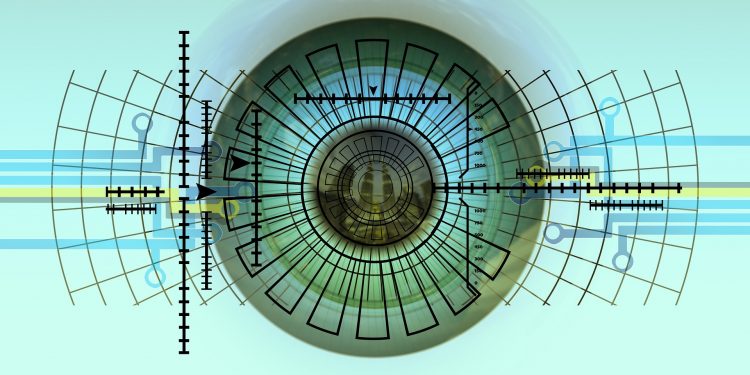This article on the website BiometricUpdate identifies many novel applications for facial recognition, including tracking shoppers, paying subway fares, multiple surveillance solutions and pain recognition (no you don’t need to imitate the faces of a pain chart).
The more broadly I see facial recognition being used, the more importance I place on PSD2’s Strong Customer Authentication and privacy regulations. Relying on just facial recognition is a mistake, and broad surveillance of customers or civilians will likely make consumers distrustful of all facial recognition technology, even the solutions used to unlock a phone. Then we’ll be stuck with passwords for even longer than expected.
Below is a synopsis of each new solution; more information regarding each is in the original article:
“A wide range of new products and services are being rolled out with various forms of biometric facial recognition in different markets. While some recent announcements relate to familiar types of applications, others are novel or yet to reach widespread operation.
Retail intelligence
Israeli biometric facial recognition startup Preciate has partnered with retailer Fox-Wizel to provide identification of customers and information about their shopping habits, Calcalist Tech reports.
Subway fare payments
Global Times reports that Beijing’s subway system is trialing facial recognition for fare payment.
Background checks
Background check company First Advantage has developed a identity verification product using facial recognition to match individuals to their government-issued photo ID. RightID is intended to enable property managers and employers to mitigate fraud risk with real-time artificial intelligence-based identity corroboration.
Ride-hailing
Didi Chuxing has a new competitor for the Chinese ride-hailing market, offering biometric facial identity verification with a system built into the car to improve rider safety, Abacus reports.
T3 Chuxing is pitching its service as a safer alternative to Didi, which holds a 90 percent market share, but has suffered reputational damage after a pair of passengers were killed in separate incidents last year.
Multi-modal suspect identification
Police in the Indian state of Maharashtra have launched an Automated Multi-Modal Biometric Identification System (AMBIS) to improve crime detection and conviction rates, the Times of Indiareports.
The state has trained roughly 2,500 police officers to operate the system in the populous state, which includes Mumbai. The system is designed for interoperability with other domestic and international databases and biometric systems, and can be connected to CCTV cameras, such as at airports, railways stations, and bus stops.
Remote pain diagnosis
Australian health company PainChek has received a Notice of Allowance from the U.S. Patent and Trademark Office for its pain assessment invention based on biometric facial recognition, MobiHealthNews reports.
Breathalyzer cheating prevention
The U.S. Food and Drug Administration has approved the Soberlink Breathalyzer for medical use ensuring compliance with remote tests secured by facial recognition, Gizmodo reports.
The inclusion of facial biometrics and GPS location information allows people to confirm compliance with their rehabilitation regimes without a third-party being present to prevent falsification.
Overview by Tim Sloane, VP, Payments Innovation at Mercator Advisory Group










